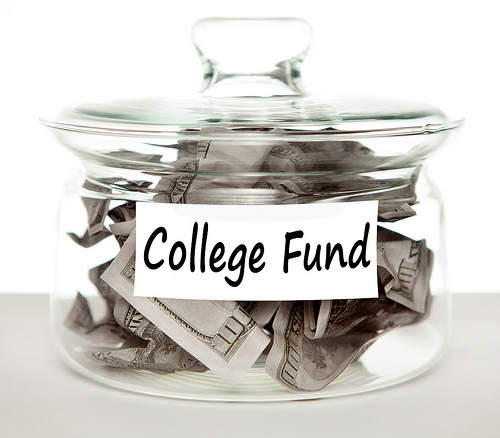Pets of all kinds can have an extraordinary effect on human beings. They offer love and companionship and will thrive on yours in return. However, they’re also expensive. Before you adopt a new pet into the family, make sure that you understand the financial consequences to your budget before you join one of the 62% of American households with a pet.
Adoption Costs And One Time Fees

However, if you want a purebred pet, the price of adoption will skyrocket considerably. A purebred Himalayan kitten, for example, will cost anywhere from $300 to $1,200. Purebred puppies can cost anywhere from a few hundred dollars to several thousand dollars, depending on the breed. A little Welsh Corgi, for example, could cost as much as $2000, depending on the quality of the bloodline and your location.
As soon as you get your pet, you’ll want to make an initial visit to your local vet. The average cost for the first visit, with shots, will probably run up to $130 (with an additional $15 for a license if you picked a pup for your family).
The next big expense that you’ll need to invest in is spaying or neutering your new family member. The procedure can cost around $200, but it’s cheaper in the long run than a house full of accidental puppies or a surprise litter of kittens in the closet. Unless of course you expect to be able to breed your new addition to recoup some of your costs.
Altogether, you can expect your adoption and vet expenses for a shelter dog or cat to be around $380 at a minimum. Prices can definitely go higher, depending on the shelter or breed you choose. It’s certainly okay to budget for more, but you definitely shouldn’t budget for less.
Pet Supplies And Regular Expenses
When figuring out what you can afford, don’t forget the necessary pet supplies. Whether you get a cat or a dog, you’re going to need a few specific items the same day that you take home your new pet:
- collar and leash
- litter box (for a cat)
- litter (for a cat)
- scratching post (for a cat)
- chew toys (for a dog)
- carrying crate (for a cat)
- water bowl and food bowl
- food
- play toys and treats
- a bed or special pillow
How much you spend on all of the above can be greatly minimized or enhanced depending on how basic or elaborate your tastes trend and your budget can stretch. While some people think of bowls and collars as one-time only expenses, the reality is that you’ll may end up replacing those things every year as they get scuffed, chewed up, or very dirty.
According to the ASPCA, the basic expenses for a dog breaks down to about $125 a month and about $83 a month for a cat. However, if you’re like most pet owners, it’s wise to pad the budget a bit for those extra treats or too-cute toys that you’re bound to find in the pet supply store. One way to save some money is by searching online for discounts and coupons. For example DiscounTrue offers promo codes for petsmart.com that include free shipping on orders for any pet supplies you might need.
You also want to include regular vet exams and updates on shots into your budget. Annual exams can easily run more than $200 per pet. However, if you break that down and put away an extra $20-$25 a month in a special account for the vet bill, it can help make the expense more manageable.
Unexpected Charges and Occasional Outlays
When you bring home a new kitten, cat, puppy or dog, you want to be prepared for a few other expenses that you probably aren’t expecting if you’ve never had a pet before.
Expect to have to spend a little extra on cleaning supplies and deodorizing products (or maybe a new rug) until you get your new family member accustomed to going to the bathroom outside the house or in the litter box. Remember that your new pet has probably spent the last few months using the bathroom in the same small space he or she lived, played, and slept.
Are pets expensive? Absolutely. However, if you do your research and create a monthly budget, you can minimize the impact of the initial and yearly costs on your finances. The unconditional love that your new family member will offer you is worth every dollar.
Image courtesy of Maggie Smith @ freedigitalphotos.net


